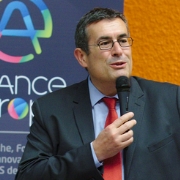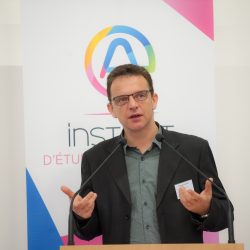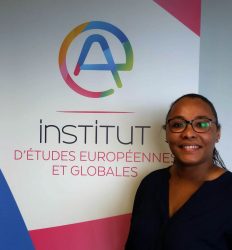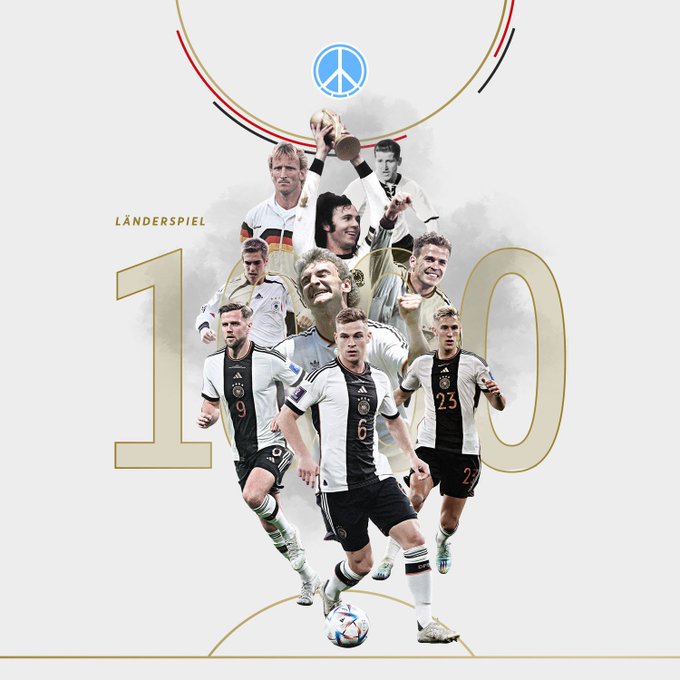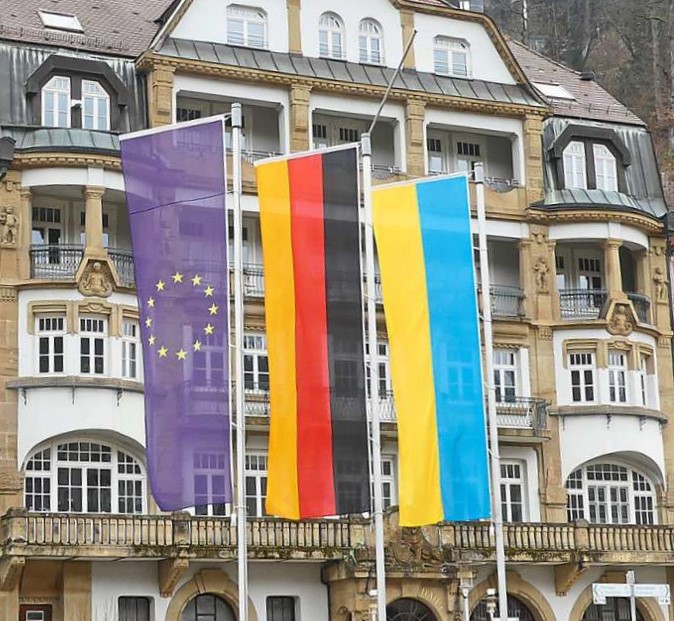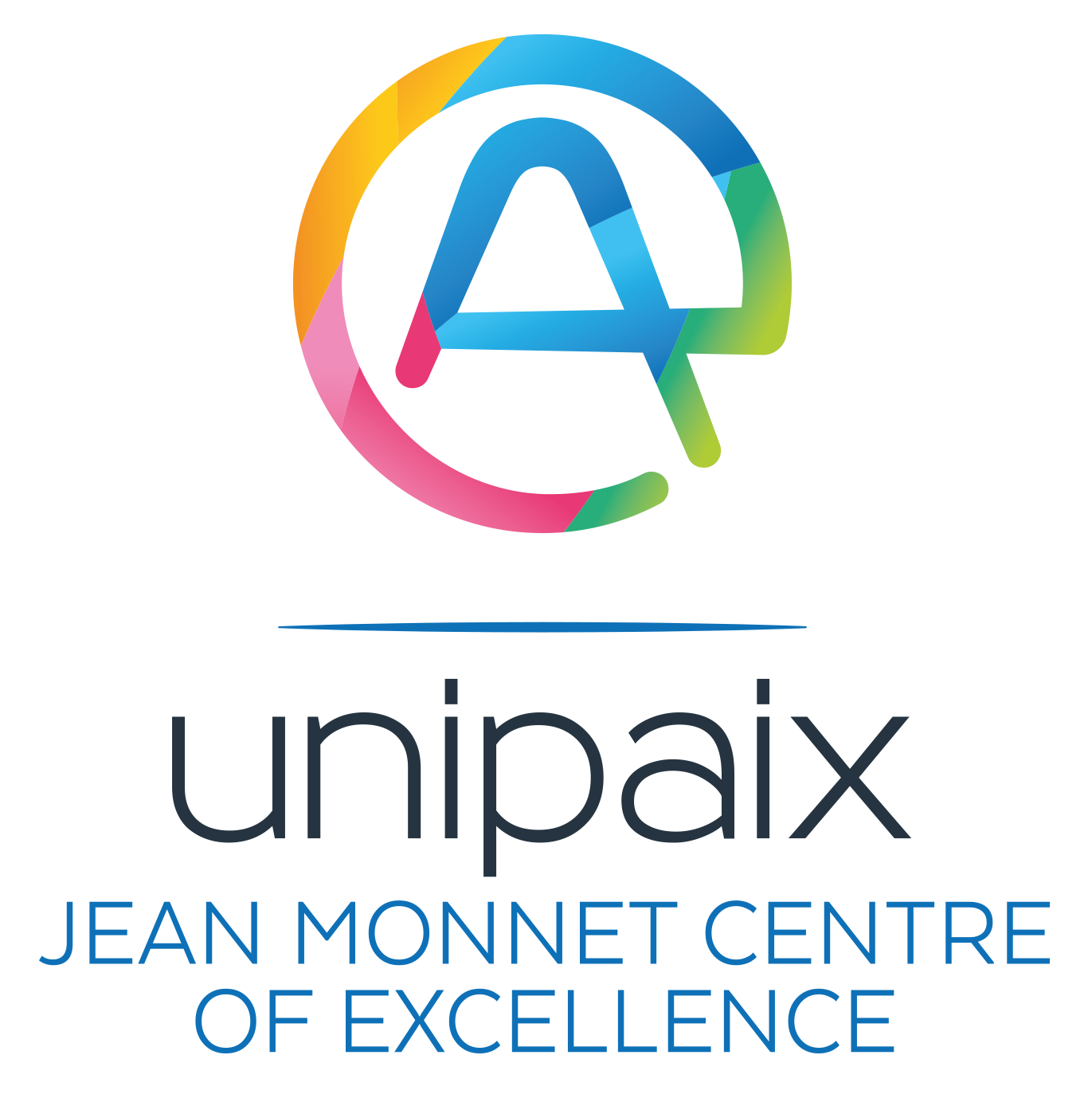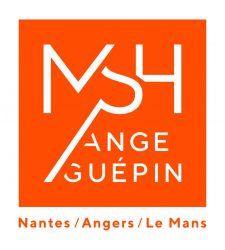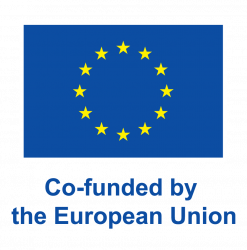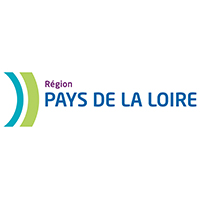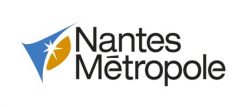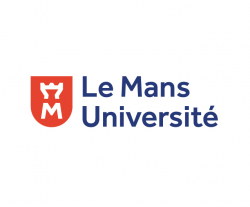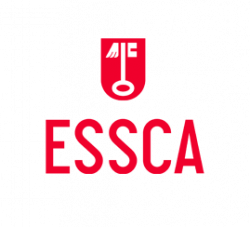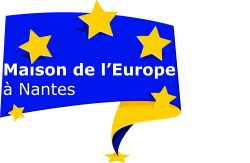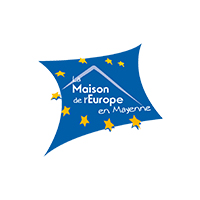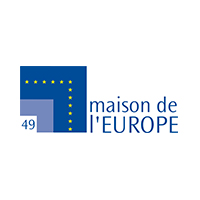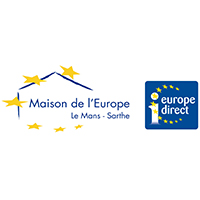The Institute for european and global studies Alliance Europa organises a Summerschool for PhD students from the 2Oth to the 24th June, 2022 in Nantes. During the event they will address local stakeholders issues regarding European integration.
Are you a PhD student in Humanities and Social Sciences interested in European studies ? Is your thesis related to any of the scientific challenges of the Institute for european and global studies Alliance Europa ? Do you understand English and French and have a perfect oral and written command of one of these two languages ? Are you interested in :
- Solving local issues in an interdisciplinary and international team ?
- Discovering the work of a consultant ?
- Meeting local actors of the Pays de la Loire region: public institutions, associations, companies?
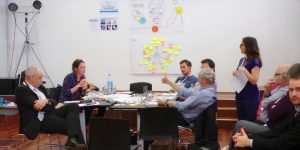
Then this offer is for you !
For five days, you will take on the role of consultant to offer a new multidisciplinary perspective to local stakeholders: public institutions, private organisations, associations, and the media of the Pays de la Loire region. You will formulate a diagnosis providing answers to the local stakeholder on issues related to :
- Lobbying and networking strategies to participate in and influence European policies
- Ways of seizing European opportunities locally
- Raising awareness about Europe on a local and regional scale.
The June Summerschool will offer the opportunity for European PhD students to adopt the skills of consultants and work on a real issue faced by local stakeholders in matter of European integration. Local stakeholders (public institution, firm, NGO) will get feedbacks from a pluridisciplinary team to rethink links between their activities and European governance.
Context
Since the 1980s, the increased impact of local and regional stakeholders in European integration has been facilitated by major developments such as the acceleration of the globalisation process which has gradually eroded the state's monopoly as the only legitimate actor in foreign policy. Along with the emergence of a transnational society that transcends borders, the processes of decentralization or devolution of powers has widened the previously limited opportunities of subnational authorities in terms of international relations.
At the same time, the European Union instituted a system of multi-level governance in which local and regional authorities intervened, in a more or less close relationship with the States. The development of EU policies and their funding raised the stakes for territorial policies and for all political and socio-economic actors. Actor networks therefore become a mode of action for influencing policies and decisions likely to impact them.
The numerous crises on the continent have not weakened the process. On the contrary, they offer up an opportunity to shift our vision of Europe by increasing citizen participation, including at the local level, by relying on dynamic civil societies. Local and regional authorities can innovate in raising awareness, information, and communication policies on Europe to facilitate populations taking ownership of it.
This interdisciplinary field of research allows for a different approach to the study of European integration, which not only factors in a bottom-up approach but also broadens the scope of actors, leaving behind one primarily centered on capital cities and European institutions. There are many specificities and territorial singularities in Europe, but the study of European actions, policies and strategies of actors in Nantes and the Loire region, in a territory that has seen the birth of many citizen initiatives, will be part of a comparative vision thanks to the international nature of our Summer school.
Programme
15 to 20 international doctoral students accompanied by academics in humanities and social sciences will meet for five days to take on a mission from a local player and to help them advance their thinking in relation to the European dimension of their activity.
Our participative and innovative model will be conducive to exchanges between doctoral students working in the field of European and international studies and non-academic actors to develop new professional skills in consulting for the socio-economic world, the media, civil society and local authorities.
The programme does not require expertise in European governance but does require a curiosity for interdisciplinarity and the non-academic world. A reading work before the Summerschool will be required. The work and the debates will be in English and French.
The detailed programme will be updated on the Institute’s website.
Organisers
MICHEL CATALA
Professor of Contemporary History at the University of Nantes - Director of the Institute for European and Global Studies.
ARNAULD LECLERC
Professor of political science at the University of Nantes and director of the Maison des Sciences de l'Homme Ange-Guépin from 2015 to 2020. Holder of the “Telos, Ethos, Nomos Europa” Jean Monnet Chair. Coordinator of Alliance Europa's Axis 1 "Governing Europe in a globalised world".
A member of the Law and Social Change Laboratory (CNRS/University Joint Research Unit n°6297), Arnauld Leclerc is a specialist in political theory applied to Europe. He directs the Master 2 in Political Science of Europe and created in 2011 an original selective bachelor’s degree dedicated to the multidisciplinary study of Europe. All the classes he teaches relate to European studies, contributing to the vitality of this field and to the debates on European issues through his regular participation in public debates and the organisation of numerous scientific and extra-academic events. He is the president of Euradio, a radio school specialising in European issues, welcoming students from all over Europe every year and broadcasting in several languages.
He is the coordinator of the Chair of European Philosophy project held by philosopher Jean-Marc Ferry, and the author of several collective works including Les intellectuels et le pouvoir. Déclinaisons et mutations (Presses Universitaires de Rennes, 2012), Conclusion : La citoyenneté européenne en temps de crise and L’Europe : crise et critique (Presses de l’Université de Paris-Sorbonne, 2016, 2017) and Du mot au concept. La démocratie comme intellectualisation de la dispute sociale (2017), L’Europe face au défi des religions: construire un espace public par-delà la sécularisation (2017). His research themes are the the philosophy of Europe, the theory of democracy and the philosophy of the university.
See the page of the “Télos Ethos Nomos Europa” Chair.
Nantes University
Nantes University offers courses from bachelor’s to master’s degrees and excellence research projects concerning Europe in a wide range of disciplines in the humanities and social sciences.
It is home to the Institute for European and Global Studies, which implements the Alliance Europa programme.
https://www.univ-nantes.fr
Video of the previous winterschool in 2020
Link (video in French)
Posted on 15 February 2022


